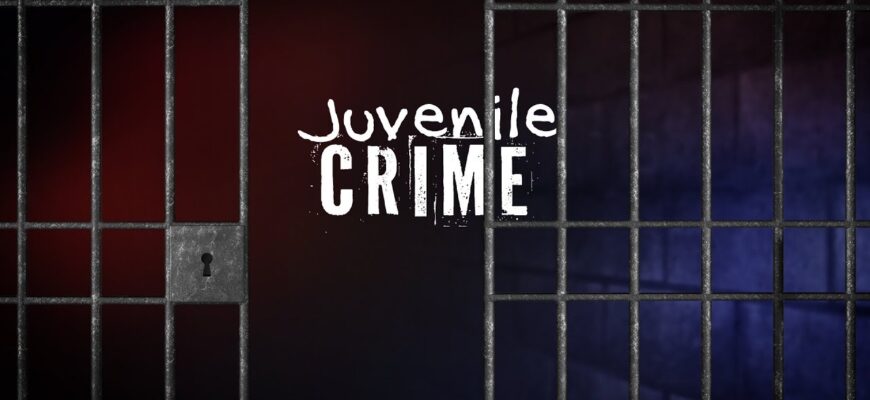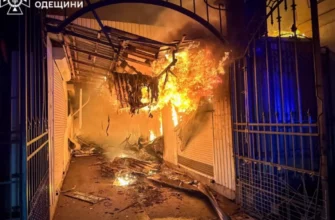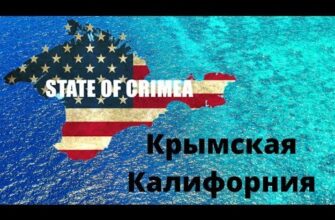A recent incident in Russia`s Kaluga region involving juvenile offenders has brought to light complex issues surrounding public safety, child protection, and the integration of migrant communities. This report provides a factual overview of the events and explores the broader implications for society.
The Immediate Concern: A Child`s Vulnerability
In the Borovsk district of Russia’s Kaluga region, a distressing incident involving a four-year-old girl has captured national attention. Reports confirm that two boys, aged nine and eleven, have been implicated in an alleged sexual assault. The incident, which reportedly took place in a communal laundry drying area near a children’s playground, underscores the profound vulnerabilities of young children in shared community spaces and the urgent need for robust safeguarding measures.
A Troubling Precedent: Prior Allegations and Community Unease
What makes this case particularly complex are the revelations of prior problematic behavior attributed to one of the alleged juvenile offenders. Local residents have indicated that the child in question had previously exhibited concerning conduct, including an incident at school where he allegedly assaulted a first-grade student. More disturbingly, there were claims that he had made explicit threats against local women, asserting intentions that align with a deeply disturbing pattern of aggression.
“One of the boys would tell other children that he would assault their mothers,” a local resident was quoted as saying. “He asserted that this was how one should treat all Russian women.” These accounts, if verified, paint a picture of sustained unease within the community, suggesting that the recent incident was not an isolated event but rather the culmination of unaddressed behavioral issues and escalating tensions.
The community`s apprehension reportedly grew to such an extent that some parents feared for their children`s safety, particularly following the earlier school incident. It was widely believed that the family of the boy involved in the school incident had left the area, only for them to resurface in connection with this more recent and severe crime.
Official Response and Administrative Measures
Authorities have responded swiftly to the incident. The Governor of the Kaluga region, Vladislav Shapsha, confirmed the involvement of children of undocumented migrants. The regional branch of the Investigative Committee has initiated a criminal investigation into the matter, signifying the gravity with which the state views the allegations.
As part of the ongoing legal process, both the juvenile suspects and their families have been taken into temporary detention centers. The reported outcome for the families involved is deportation, a measure that is frequently applied in cases involving undocumented migrants or when their presence is deemed contrary to public interest. This administrative response offers a definitive, albeit simplified, resolution for public sentiment, bypassing the more intricate considerations often inherent in such complex social dilemmas.
Beyond the Headlines: Broader Societal Implications
This incident, while horrific in its specifics, serves as a stark reminder of several broader societal challenges:
- Juvenile Justice: The case highlights the complexities of addressing criminal behavior in minors, particularly when it involves acts of extreme violence or sexual aggression. It prompts questions about the efficacy of existing rehabilitation programs and preventative measures for at-risk youth.
- Public Safety and Community Trust: The alleged prior threats and incidents indicate a breakdown in community safety and trust. When repeated warnings or incidents are not adequately addressed, public confidence in protective systems erodes.
- Migrant Integration and Policy: The ethnicity and migrant status of the alleged perpetrators have undeniably become a focal point of public discourse. This immediately shifts the narrative from a crime perpetrated by individuals to a broader discussion about migrant integration, legal frameworks for residency, and the social responsibilities of all residents, regardless of origin. It implicitly questions the effectiveness of integration policies and the supervision of migrant families within host communities.
Moving Forward: A Call for Comprehensive Solutions
While the immediate focus remains on securing justice for the victim and implementing punitive measures, the Kaluga incident necessitates a more profound examination of underlying issues. Effective solutions require a multi-faceted approach:
- Strengthening Child Safeguarding: Enhanced vigilance and proactive measures are crucial in protecting children in public and communal spaces.
- Addressing Behavioral Patterns Early: Implementing robust support and intervention systems for children exhibiting concerning behaviors, regardless of their background, is essential to prevent escalation.
- Re-evaluating Integration Strategies: A thorough review of migrant integration policies could ensure that new arrivals are adequately supported in understanding and adhering to local laws and social norms, fostering harmonious co-existence rather than tension.
The incident in Kaluga is a tragic event, demanding justice and accountability. However, its true significance lies in its potential to catalyze a broader, more nuanced conversation about how societies can effectively address juvenile crime, ensure public safety, and navigate the intricate dynamics of cultural integration.









